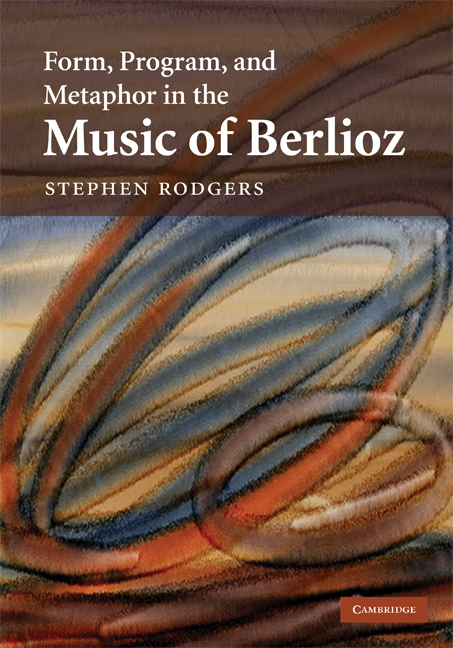Music and Fantasy in the Age of Berlioz
The centrality of fantasy to French literary culture has long been accepted by critics, but the sonorous dimensions of the mode and its wider implications for musical production have gone largely unexplored. In this book, Francesca Brittan invites us to listen to fantasy, attending both to literary descriptions of sound in otherworldly narratives, and to the wave of 'fantastique' musical works published in France through the middle decades of the nineteenth century, including Berlioz's 1830 Symphonie fantastique, and pieces by Liszt, Adam, Meyerbeer, and others. Following the musico-literary aesthetics of E. T. A. Hoffmann, they allowed waking and dreaming, reality and unreality to converge, yoking fairy sound to insect song, demonic noise to colonial 'babbling', and divine music to the strains of water and wind. Fantastic soundworlds disrupted France's native tradition of marvellous illusion, replacing it with a magical materialism inextricable from republican activism, theological heterodoxy, and the advent of 'radical' romanticism.
- Rethinks French romanticism as a form of magical materialism in which sound played a crucial role
- Demonstrates that fantasy should be understood not only as a literary genre but as a much broader imaginative mode with textual, sonorous, and aesthetic implications
- Reveals compositional contexts that enhance our understanding of the music of Berlioz and others, including Liszt and Stravinsky
- Appeals to readers beyond the musicological community, drawing together musical, literary, scientific, and visual materials
Product details
October 2017Hardback
9781107136328
372 pages
255 × 182 × 20 mm
0.91kg
8 b/w illus. 1 table 40 music examples
Available
Table of Contents
- Introduction: hearing fantasy
- 1. The fantastique moderne
- 2. Melancholy, monomania, and the monde fantastique
- 3. Le retour à la vie: natural magic and the ideal orchestra
- 4. Grammatical imaginaries
- 5. Listening in hell
- 6. Fairyology, entomology, and the Scherzo fantastique.






